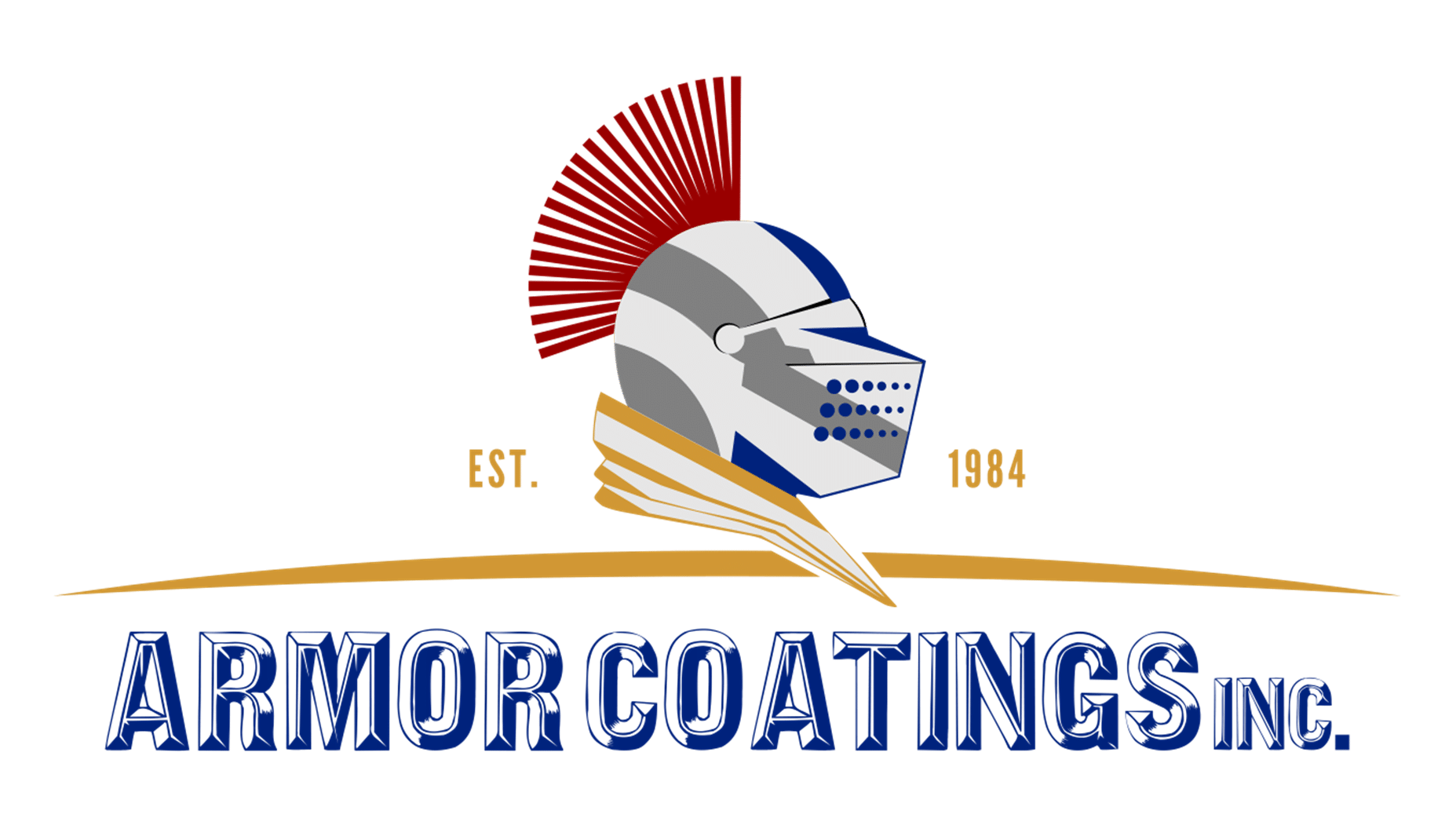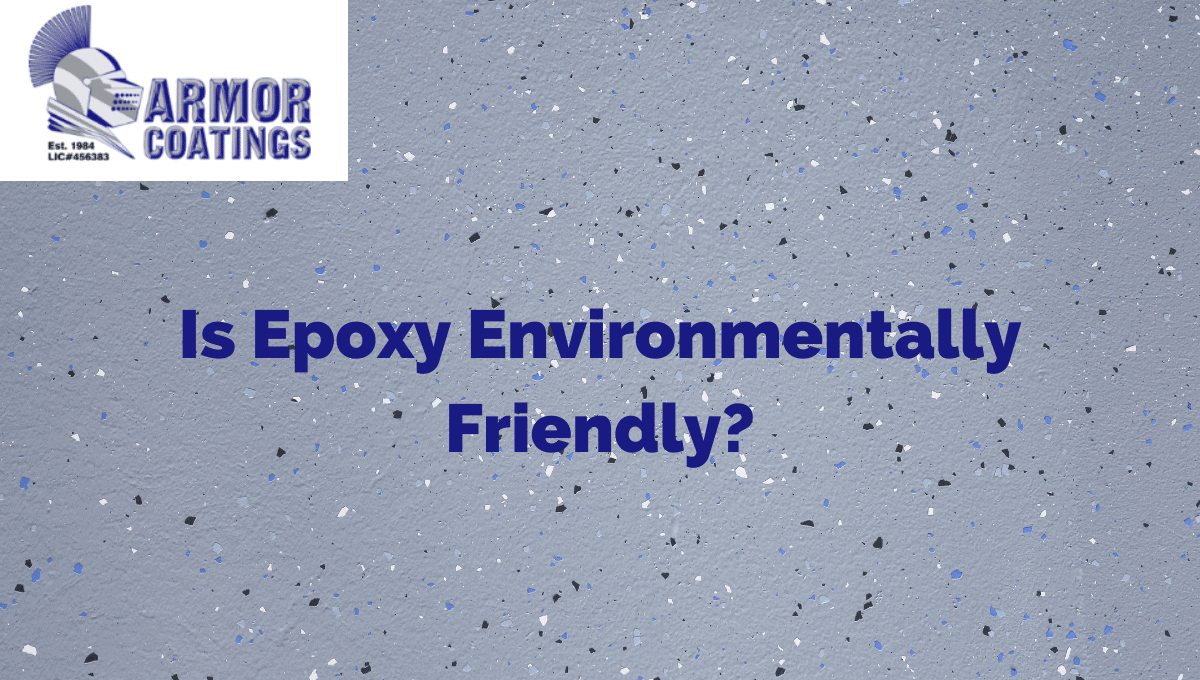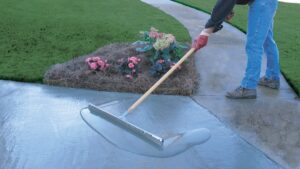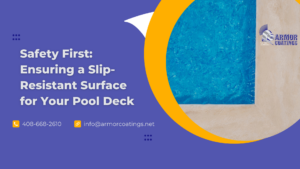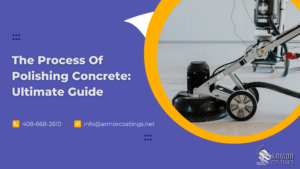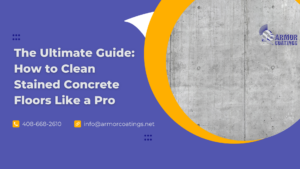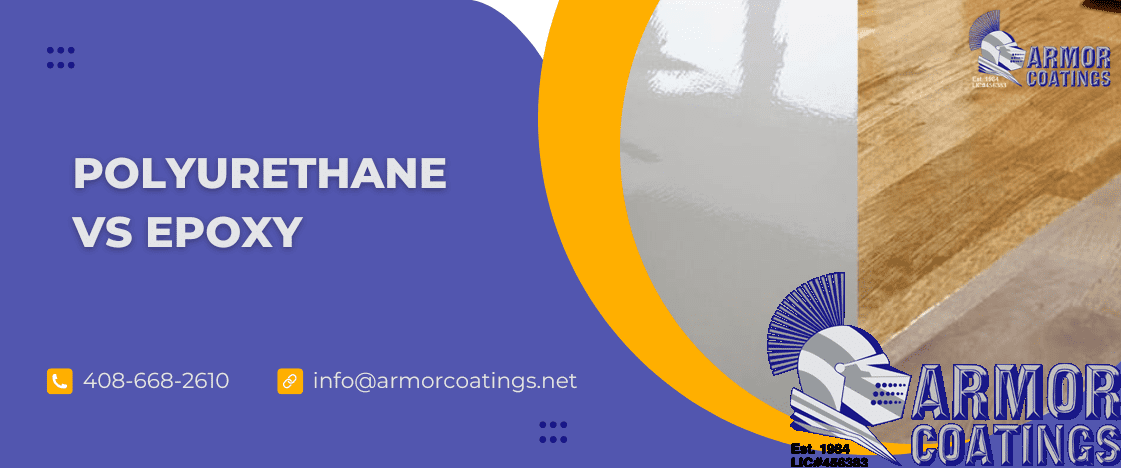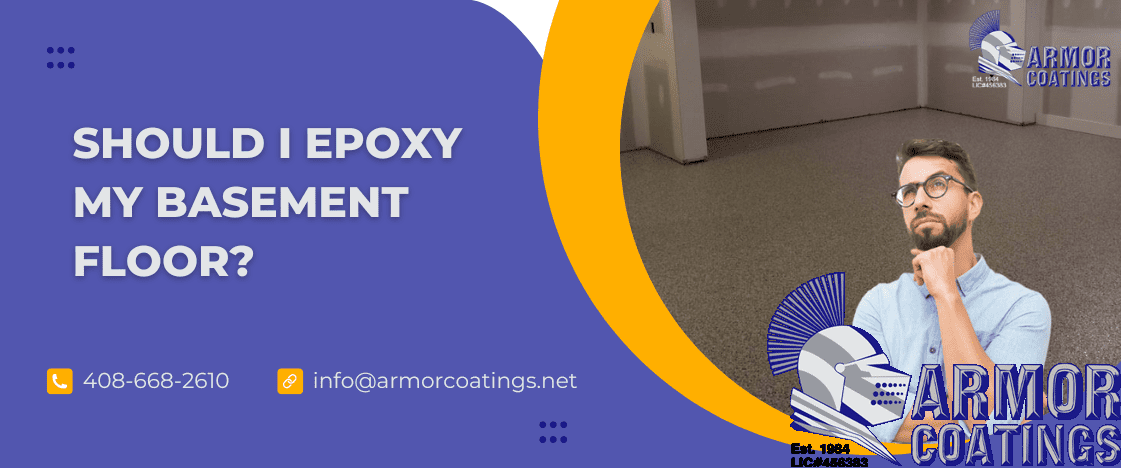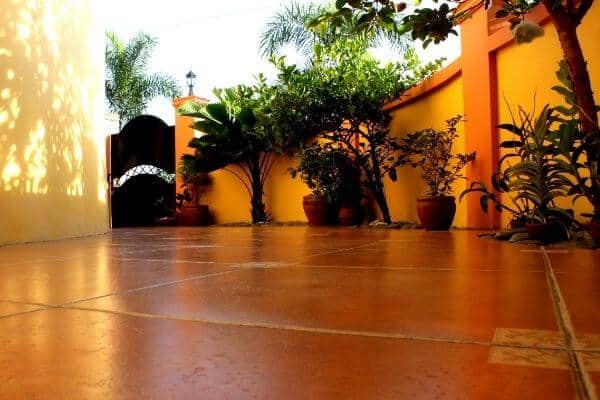Home owners and commercial property managers are searching for environmentally safe ways to apply durable floors. So are epoxy floor coatings an eco-friendly solution? When it comes to eco-friendly floors, polished concrete is known as the gold standard. Polished concrete floors have worn the crown because they reduce lifetime waste by up to 97%. They don’t harm anything to create or release harmful chemicals into the environment like laminate, carpet, or tile and polished concrete floors actually increase natural light with their reflectiveness. So we know about polished concrete, but back to the question, are Epoxy Floors Eco-friendly even though they are a resinous material?
Is Epoxy Resin Harmful To Your Health?
Polyester resins can definitely release harmful gases, however, that is not the same resin used in epoxy floors. The resins used in epoxy floors shouldn’t cause you any concern once they are applied and dry. The main issue that occurs from epoxy floor coatings are allergic reactions that can stem from contact with wet epoxy. That’s why it’s important for contractors to wear protective coverings like masks and gloves when applying epoxy coatings.
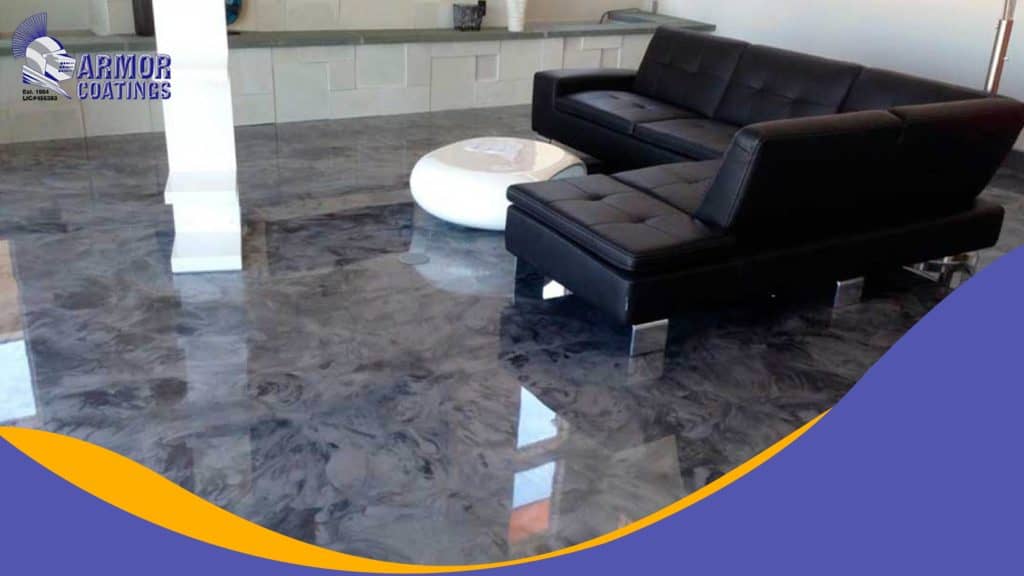
Is Epoxy Resin Harmful To The Environment?
Resinous epoxy coatings, polyurethane, polyaspartic and silicone, are completely inert once they dry and catalysed which means they are environmentally safe.
In other words, when your epoxy resin dries, it cannot contaminate the environment. The only way epoxy can be environmentally damaging is if it is not disposed of the right way. For instance, if an epoxy floor is taken up and put in a gutter, obviously it is not good to put anything in a gutter which is meant for drainage.
How To Insure Epoxy Is Environmentally Safe
1- The preparation and mix must be perfect. It’s extremely important to follow the ratio and to mix part A and B of the resin and hardener completely per the manufacturing instructions to ensure complete polymerization. This mixture of epoxy part A and B closes the molecular chain. When all of the molecules within the liquid version of parts A and B mixed (usually with a hand drill connected with a whipper like a pancake mixer) are assembled, poured and dried, the epoxy becomes solidified and 100% safe and environmentally friendly.
2- Choose an epoxy resin with 100% epoxy solids. This means that the system contains no water or solvents. Industrial epoxies are free from Volatile Organic Compounds (VOC)’s. This means the resin and hardener completely polymerize and don’t put any water evaporation with chemicals into the environment.
Frequently Asked Questions
Is Epoxy Bad For The Environment?
Epoxy resin is usually derived from petroleum products, which are toxic to the environment. Epoxy is not bad for the environment if it is disposed of properly. However, if it is not disposed of properly then it can be hazardous if it gets into rivers or streams. Epoxy is technically a hasmat material and needs care when transported. There are pros and cons to each type of resin, but they both have an environmental impact in manufacturing epoxy resins.
Is Epoxy Biodegradeable?
Is Epoxy Organic?
Epoxy is an organic compound made up of chains of carbon linked to other elements such as hydrogen, oxygen, or nitrogen.
CONTACT US
Hire the expert team at Armor Coatings today!
So what is More eco-friendly? Epoxy or Polished Concrete
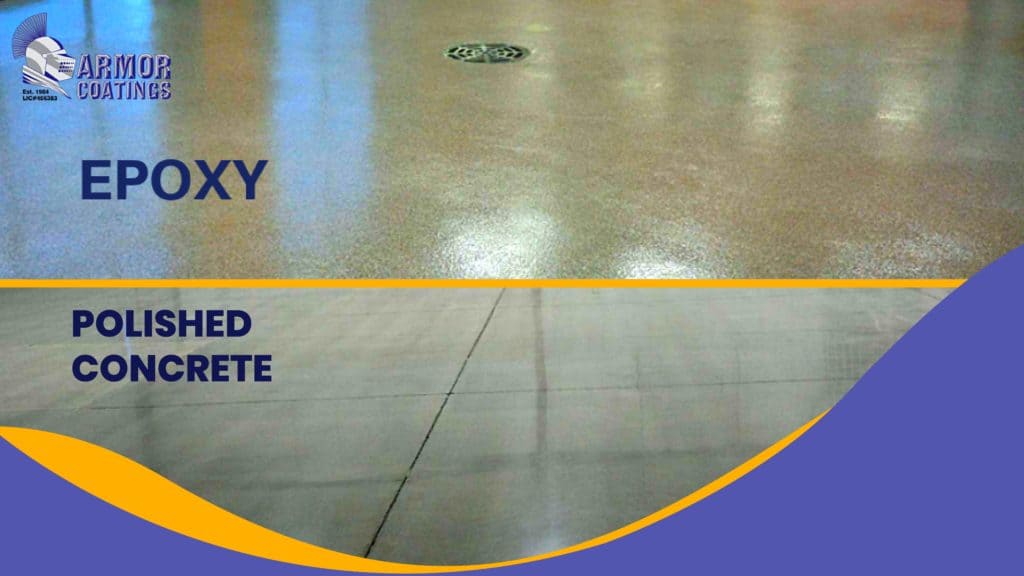
The winner is polished concrete just because there doesn’t haveto be any additive at all in polished concrete. A true concrete polish is the process of honing the concrete floor through diamond grinding over and over again with lighter diamonds until the floor shines. Epoxy is an enviornmentally friendly floor which is much better than other types of floors, but since it involves the creation of coating which has to be made in a factory, there is a slightly larger footprint than a 100% natural polished concrete floor.
Don’t let that damage your views on epoxy because it is extremely safe. Epoxy resin is carefully manufactured through the polymerization process. The right amount of catalyzing agents and fillers form part A and B of epoxy which when properly mixed and applied, polymerize and bond to the concrete substrate floor. These coatings generally bond for life if the concrete is prepped appropriately. If you are using an industrial epoxy floor coating with 100% solid epoxy and not a rustoleum or similar product that is not 100% solid epoxy, the process is safe and non-hazardous.
